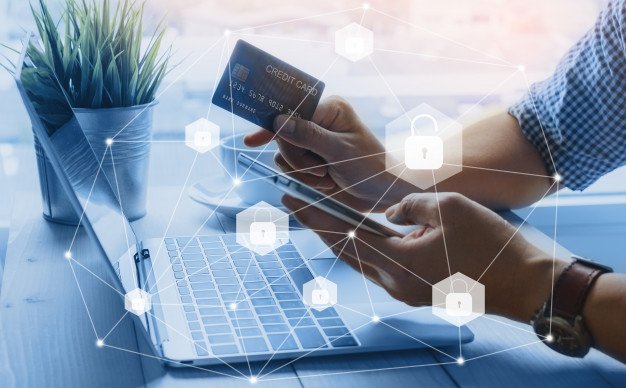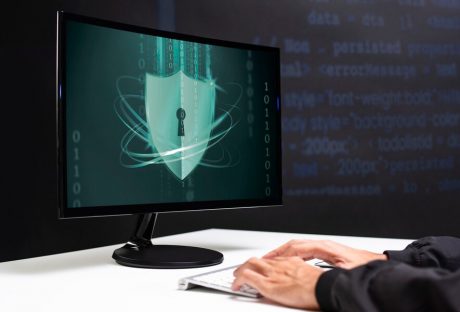Nowadays, customers choose their credit institutions and banks based on different elements, among which:
- The convenience of mobile banking,
- Ease of use of the bank’s app,
- Instant, in-person solutions when the need arises.
It can happen that customers have the need for instant issuance of a new payment card when theirs get lost or stolen. And also, when customers open a new account, they want a card which is ready to use straight away without following too long procedures for its activation. The waiting we were used to does not exist anymore. For this reason, an instant issuance service, like the one offered by Panini Spa, is mandatory, also to increase customer loyalty. The digital era is fast moving and credit institutions should keep pace with the times.
But not only that. When we talk about the digital era, we know very well what does it mean from the security identity point of view. Especially when dealing with money, it is essential that the authentication process really proves that a person really is who she/he says she/he is, before having access to an account. Panini Spa offers a wide range of different products for identity authentication, which allows for example to:
- Easily protect your business from fraud
- Automate and streamline workflows
- Share automatic warnings with the fraud department
- Comply with banking laws and regulations
But all of this does not only concern financial and credit institutions like banks, but also post offices and property management companies. For instance, the first is always engaged in document dematerialization projects, whether front office or back office based and here the products and software of Panini Spa can help to deal with them.
The latter can benefit from utilizing the products of Panini Spa because:
- Funds can be deposited the same day in order to maximize cash flow.
- Costs associated with deposits, bank runs, and lost checks are eliminated.
- Manual handling and errors are reduced.
When dealing with all these important aspects of modern business, it is always essential to find the best company. Panini Spa not only provides a comprehensive suite of products and software but also support services to ensure a successful implementation and client return on investment, including training, help desk support, fulfillment parts management, depot service and advanced unit exchange (AUE).
Still doubts?
Just do not hesitate to contact the professionals of Panini Spa, that will be happy to answer any question you have.
Read Also:






















